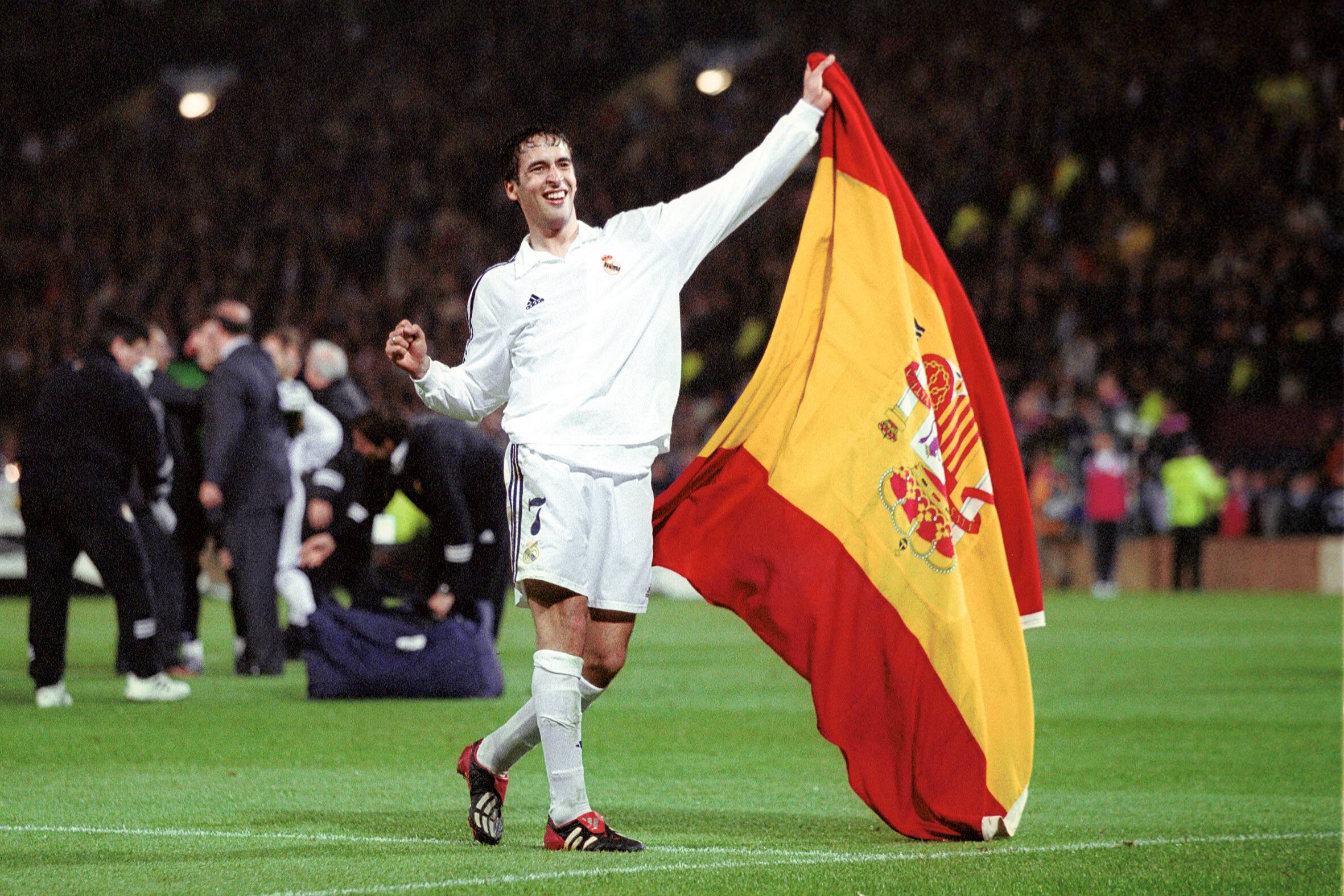I swear, I never intended to write about football, or soccer, whatever you call it. I was actually supposed to be grinding out some tedious legacy CRM system code for a client back in Chicago. My whole plan went sideways when I decided to take advantage of a cheap, amazing flat in Valencia near the old city center.

The job was remote. The internet was supposed to be fast. The only thing I didn’t calculate was the sheer, unbelievable volume of noise coming from the street below me every single weekend, and often on Tuesdays and Wednesdays too. I couldn’t hear my Zoom calls. I couldn’t focus on debugging. I kept thinking, What is going on down there? Are they having a festival every day?
My Forced Immersion: Stage One – Shut Up and Listen
My initial practice wasn’t research; it was pure survival. I had to find a way to silence the chaos, and the only way to silence it was to understand it. I started timing the noise. I marked down every time I heard that specific, high-pitched “Gooooool!” scream. I tracked the days the local bar owner across the street dragged his giant projector screen outside. This wasn’t data science; this was field anthropology fueled by pure, sleep-deprived frustration.
I began by simply learning the local team, Valencia CF. I forced myself to watch a few games, just trying to figure out the rules because I grew up playing American football, which is basically slow-motion chess with helmets. Soccer seemed frantic and bizarre. But the locals? They weren’t just watching; they were vibrating with the action. I noticed how generations—grandpas, teens, tiny kids—were all wearing the same colors. It wasn’t entertainment; it was clearly ingrained in their DNA.
- First Major Realization: This wasn’t a choice of leisure; it was inherited identity. If you’re from Seville, you hate one team and love the other. If you’re in Madrid, you are either Real or Atlético. It’s strictly tribal, and you don’t get a choice.
- Second Problem Encountered: Trying to interview people in English about “why they like the sport” resulted in blank stares. They looked at me like I was questioning why they needed to breathe. I quickly realized I had to ditch the academic questioning and just buy them a beer and talk about who they hated, which was always easier.
The Deep Dive: Stage Two – Connecting the Dots (History and Politics)
The noise problem didn’t stop, but my reaction changed. I stopped fighting it and started investigating why this specific sport became the carrier pigeon for Spanish identity, unlike, say, cycling or basketball, which are also massive here.
I spent weeks pouring over rusty old newspaper clippings and talking to anyone who looked old enough to remember the 1960s. That’s when I finally tracked down an old history professor I got talking to at a cafe. He specialized in post-Civil War Spanish culture. That’s when the real, messy picture started to form. It’s not about the kicking of the ball, folks. It’s about the politics that were suppressed for decades.

Think about it: General Franco’s regime was all about centralizing power, crushing regional languages and identities. You couldn’t wave the Catalan flag openly. You couldn’t demand Basque independence. But you could chant like a maniac for FC Barcelona. You could use the success of Athletic Bilbao as a symbol of regional defiance. The football stadium, which looked harmless, became one of the only safe, sanctioned places to display intense regional pride and collective anger. It was a release valve.
My practice shifted from “how loud is the scream” to “what is the scream actually saying.” I noticed that the rivalries—the famous El Clásico between Barcelona and Real Madrid—wasn’t just about trophies. It was history playing out in 90 minutes. Madrid represented the centralized power, the capital, the Crown. Barcelona represented the periphery, the suppressed identity, the resistance.
I documented how the crowds reacted when certain players touched the ball, not just the goals. I logged the subtle boos directed at certain regions’ players, the almost religious chanting for the local hero. It was fascinating, and honestly, a bit chilling how much cultural weight these games carried. This wasn’t just a game; it was a weekly battle for recognition.
The Synthesis: Stage Three – Finally Getting Work Done
After about four months of this forced research, my coding job was still lagging, but I had achieved operational peace. Why? Because I finally understood the schedule. I knew exactly which days were ‘hell days’ (El Clásico, derby matches) and which days were quiet. I had successfully predicted and accounted for the cultural rhythm. I could schedule my crucial meetings around the local team’s away games.
What I realized is that Spanish soccer didn’t just become famous; it was co-opted into a vital cultural mechanism. It’s a decentralized map of Spain where every region, every city, gets to claim a piece of glory and shout about their identity without being explicitly political. The passion is real, but the foundation is political frustration and historical difference.

The initial reason I started this whole investigation—the unbearable noise—was completely irrelevant in the end. The noise was merely the symptom, not the cause. The cause was centuries of complex political maneuvering channeled through 22 guys kicking a ball around.
Now, I don’t just endure the noise; I appreciate it. When the neighbor started screaming last week about a missed penalty, I didn’t throw my laptop across the room. I grabbed a beer and went down to the bar, and actually managed to have a proper conversation with the old professor about the deep history behind Real Sociedad vs. Athletic Bilbao. They were stunned I even knew the difference between the Basque rivalry and the Madrid one. It felt good. It felt like I finally cracked the code of why this simple game holds such ridiculous, powerful significance here.
I still haven’t finished that CRM system, by the way. My client keeps sending worried emails about the delays. But honestly, this cultural deep dive felt way more important than sorting out their legacy database issues. Maybe I’ll start charging them for ‘Cultural Compliance Consultancy’ instead; it pays better.
